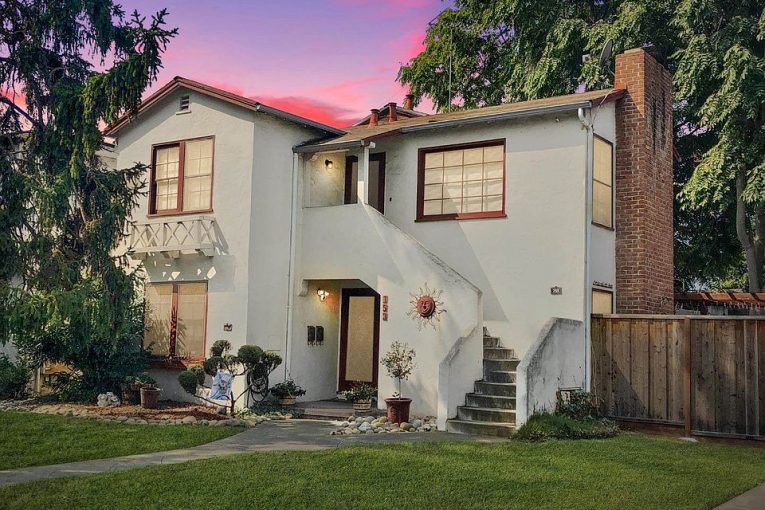

By David M. Greenwald
Executive Editor
The California Second District Court of Appeal, affirming a lower court opinion, found that Senate Bill 10 (SB 10) was constitutional.
SB 10 empowers local governments to allow for denser housing, irrespective of local restrictions, if the local government so chooses.
“All along, we have been arguing that SB 10 is constitutional. Today, the California Second District Court of Appeal ruled in our favor,” said Attorney General Rob Bonta. “Up and down our state, Californians are struggling to afford housing. Our legislature passed SB 10 to help address that problem by allowing for the construction of denser housing. I would like to thank Senator Wiener for authoring SB 10, and thank my team for successfully defending this important law.”
“This ruling is a big win for all Californians struggling under our housing  affordability crisis,” said Senator Scott Wiener. “The court’s recognition that our housing crisis is best tackled at the state level is a historic step forward for pro-housing policy. The Department of Justice’s excellent work on this case has paved the way for much more progress to come.”
affordability crisis,” said Senator Scott Wiener. “The court’s recognition that our housing crisis is best tackled at the state level is a historic step forward for pro-housing policy. The Department of Justice’s excellent work on this case has paved the way for much more progress to come.”
In 2022, in response to a “severe shortage of housing at all income levels in this state,” the state legislature enacted SB 10, “which grants counties and cities some discretion, on a parcel-by-parcel basis, to supersede local housing density caps, even if those caps had been adopted by voter initiative.”
Six days after the Governor signed SB 10 into law, the AIDS Healthcare Foundation lobbied to remove the initiative-override provisions of SB 10 and filed a writ against the state of California.
In addition, Redondo Beach, the “voters had previously adopted an initiative curtailing their city council’s power to enact parcel-specific ordinances allowing for higher housing density without voter approval,” the court noted.
The trial court ruled that section 65913.5 did not unconstitutionally invade the initiative power because (1) the Legislature “possesses the power to invalidate existing local voter initiatives and to preclude the enactment of new voter initiatives,” and “(2) Senate Bill 10 merely takes the smaller step of allowing local legislative bodies to ‘override such initiatives upon a two-thirds vote.’”
The court was asked if the legislation violated imitative power enshrined in the California Constitution, and concludes that it does not.
“We so conclude because the housing shortage is a matter of statewide concern, because Senate Bill 10 conflicts with (and hence preempts) local initiatives that make housing density caps mandatory, and because Senate Bill 10’s more narrowly tailored mechanism of cloaking counties and cities in the mantle of state preemptive authority so that they may decide whether to supersede a local density cap on a parcel-by-parcel basis—rather than effecting a wholesale invalidation of all local density caps in every county and city—is not constitutionally problematic,” the court writes.

